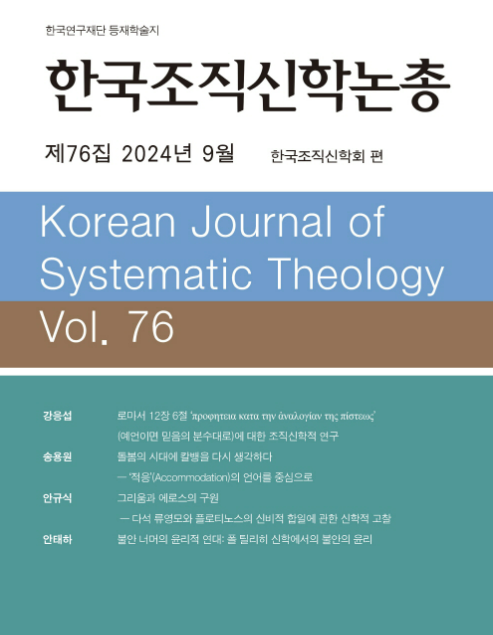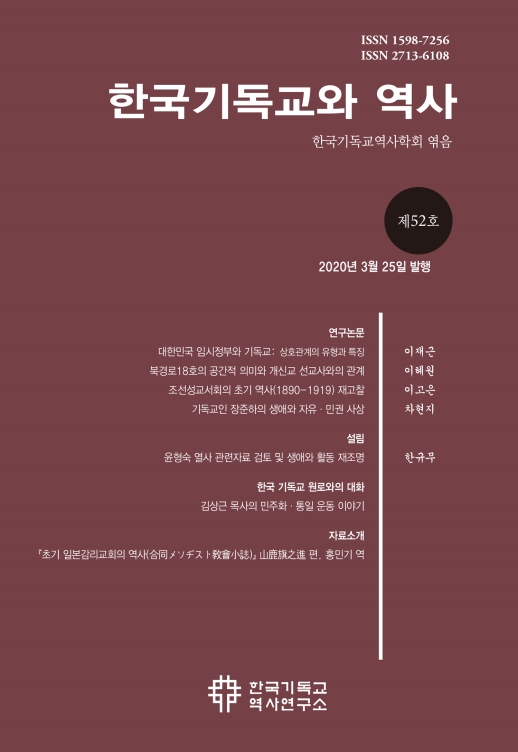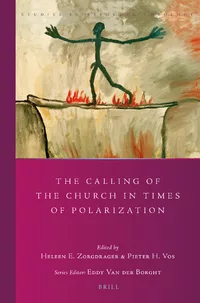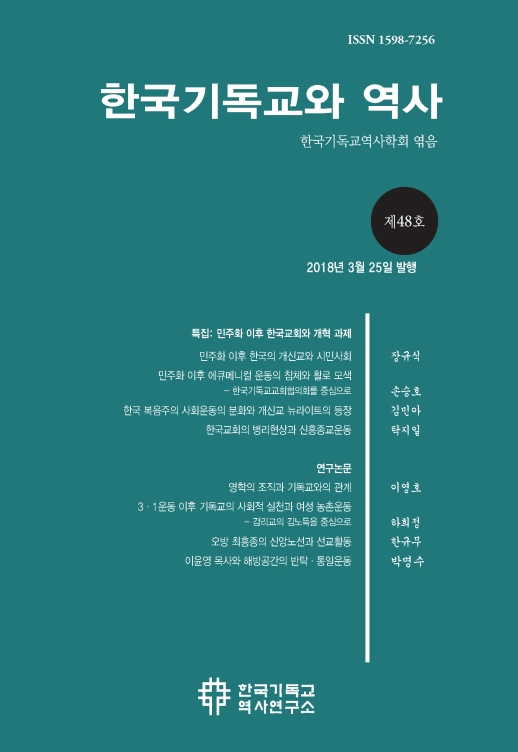https://doi.org/10.1111/ijst.12760
이 논문은 존 베츠(John Betz)의 저서 『창조의 로고스이신 그리스도』에 대한 논평이다. 칼 바르트가 토마스 아퀴나스에서 에리히 프리바라로 이어지는 가톨릭의 존재 유비(analogia entis) 전통을 오해했다는 베츠의 평가에는 동의한다. 그러나 본 논문은 베츠가 칭하는 바르트의 ‘예언자적 논점’의 핵심이, 근대 초기 합리주의와 포스트칸트적 관념론의 급진적 주지주의가 지닌 범신론적/내재주의적 함의에 대한 바르트의 거부에 있다고 주장한다.
역사적 개신교 안에서 유비적 형이상학의 발전을 간략히 고찰한 후, 네덜란드의 신칼뱅주의 교의학자 헤르만 바빙크를 통해 근대 개신교 신학에서 유비적 형이상학의 유효성을 예증하고자 한다. 근대의 범신론적/내재주의적 형이상학과 신학 및 철학의 반(反)형이상학적 경향 모두에 맞서는 ‘정통적이면서도 현대적’이고, ‘개혁주의적이면서도 보편적인’ 응답으로서 자신의 유비적 형이상학을 발전시키는 과정에서 바빙크가 토마스주의 전통에 명시적으로 빚지고 있다는 사실은, 고백적 근대 개신교가 사실상 근본적인 차원에서 토마스와 프리바라의 전통과 맥을 같이한다는 필자의 논제를 증명하는 역할을 한다.
This article is a response to John Betz's Christ, the Logos of Creation. Agreeing with Betz's assessment that Karl Barth misunderstood the Catholic tradition of analogia entis handed down from Thomas Aquinas to Erich Przywara, I will argue that the heart of what Betz calls Barth's ‘prophetic point’ lies in Barth's repudiation of the pantheistic/immanentistic implications of the radical intellectualism of early-modern rationalism and post-Kantian idealism. After a brief survey of the developments of analogical metaphysics in historic Protestantism, I turn to the Dutch neo-Calvinist dogmatician Herman Bavinck to illustrate the viability of analogical metaphysics in modern Protestant theology. Bavinck's explicit indebtedness to the Thomistic tradition in his development of analogical metaphysics as an ‘orthodox yet modern’, Reformed and catholic response to both modern pantheistic/immanentistic metaphysics and anti-metaphysical trends in theology and philosophy serves to demonstrate my thesis that confessional modern Protestantism is in fact aligned with the tradition of Thomas and Przywara in fundamental ways.







